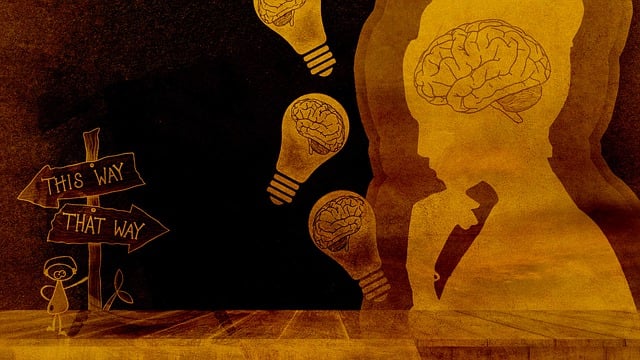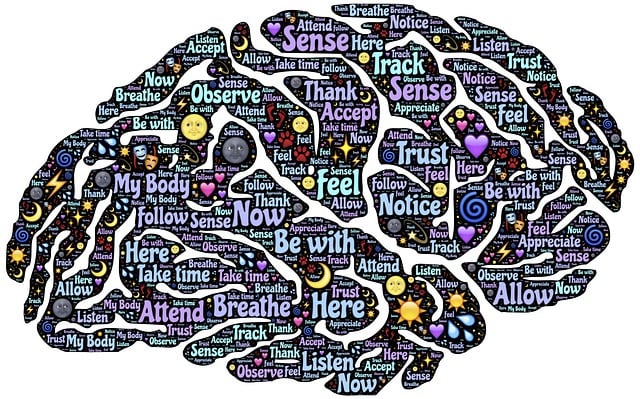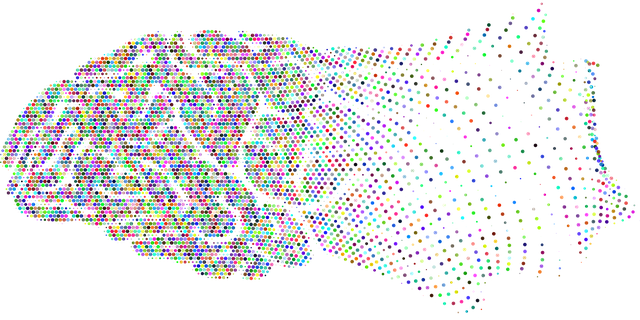Greenwood Village Men's Issues Therapy (GVMIT) revolutionizes mental health care through its focus on cultural competency. By recognizing and addressing unique challenges men face, GVMIT provides inclusive, non-judgmental therapy spaces. Through comprehensive training emphasizing empathy, mental health policy, and mood management techniques, therapists gain skills to connect with diverse patients effectively. This approach, backed by successful evaluations, enhances therapeutic outcomes and makes mental healthcare accessible to all, regardless of cultural background.
“Greenwood Village Men’s Issues Therapy, like many healthcare institutions, recognizes the critical importance of cultural competency training for its providers. This article explores the necessity and benefits of such programs in addressing diverse patient needs. We delve into key components effective training should include, drawing from Greenwood Village’s experiences implementing cultural competency initiatives. By understanding cultural nuances, therapists enhance patient care, build trust, and foster inclusive environments tailored to individual men’s unique issues.”
- Understanding Cultural Competency in Healthcare: A Need for Greenwood Village Men's Issues Therapy
- Key Components of Effective Training Programs for Healthcare Providers
- Implementing and Evaluating Cultural Competency Initiatives at Greenwood Village Men's Issues Therapy
Understanding Cultural Competency in Healthcare: A Need for Greenwood Village Men's Issues Therapy

In the realm of healthcare, Cultural Competency is more than a buzzword; it’s an indispensable approach to delivering quality care that respects and understands diverse cultural backgrounds. Greenwood Village Men’s Issues Therapy recognizes this need, especially when addressing men’s mental health, often fraught with unique societal pressures and the persistent Mental Illness Stigma Reduction Efforts. Effective therapy requires providers to be attuned to cultural nuances, ensuring sessions are inclusive and non-judgmental spaces where clients feel heard and understood.
The importance of Healthcare Provider Cultural Competency Training cannot be overstated. It equips therapists with the skills to navigate complex cultural landscapes, foster positive thinking, and create a supportive environment for all clients. By embracing this training, Greenwood Village Men’s Issues Therapy aims to revolutionize mental health care, making it accessible and beneficial for every individual seeking support, regardless of their cultural background or beliefs.
Key Components of Effective Training Programs for Healthcare Providers

Effective training programs for healthcare providers should incorporate several key components to ensure they address the nuanced needs of diverse patient populations, especially in areas like Greenwood Village Mens Issues Therapy. Firstly, Empathy Building Strategies are foundational. Role-playing scenarios and cultural simulation exercises help professionals develop a deeper understanding of different life experiences and perspectives, fostering stronger connections with patients from varied backgrounds. This is crucial for building trust and facilitating open communication.
Secondly, Mental Health Policy Analysis and Advocacy should be woven into the training fabric. Educating providers about relevant mental health policies, laws, and guidelines empowers them to navigate complex systems more effectively. Training should also encourage advocacy for policies that promote equity in mental healthcare access and address specific men’s issues. Incorporating discussions around Mood Management techniques can further enhance the skills of healthcare providers, enabling them to better support patients dealing with mood disorders while considering cultural factors that may influence treatment outcomes.
Implementing and Evaluating Cultural Competency Initiatives at Greenwood Village Men's Issues Therapy

Greenwood Village Men’s Issues Therapy (GVMIT) recognized the importance of cultural competency training in improving patient care and outcomes. They implemented a comprehensive initiative focusing on enhancing emotional intelligence among their staff and fostering self-care practices tailored to diverse client needs. The program involved workshops, group discussions, and individual training sessions exploring various cultural perspectives, including gender identities, racial backgrounds, and sexual orientations. By encouraging open conversations about unconscious biases, the therapy center aimed to create a more inclusive environment.
To evaluate the effectiveness of these efforts, GVMIT conducted pre-and post-training assessments, collecting feedback from both staff and clients. They also initiated public awareness campaigns development to educate the community on cultural competency in mental health services. The results showed significant improvements in emotional intelligence scores among the therapists, leading to better patient engagement and improved therapeutic outcomes. This success story highlights the positive impact of dedicated cultural competency training programs within healthcare settings, such as Greenwood Village Men’s Issues Therapy.
Greenwood Village Men’s Issues Therapy has recognized the importance of cultural competency training for healthcare providers, as evidenced by their successful implementation and evaluation initiatives. By focusing on key components such as community engagement, inter-professional collaboration, and ongoing evaluation, they’ve created a comprehensive program that not only benefits patients but also enhances the overall quality of care. This model can serve as a blueprint for other healthcare organizations looking to improve cultural competency, ensuring more inclusive and effective services for diverse communities.














